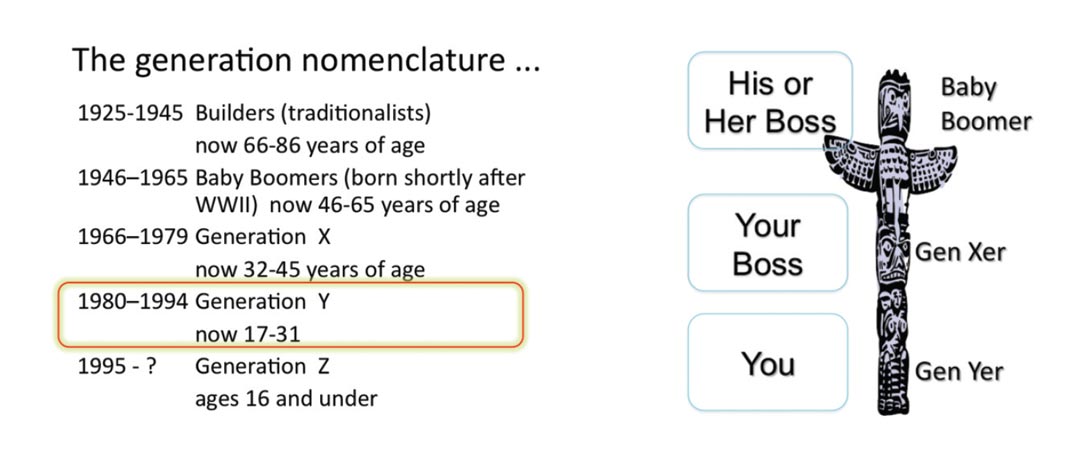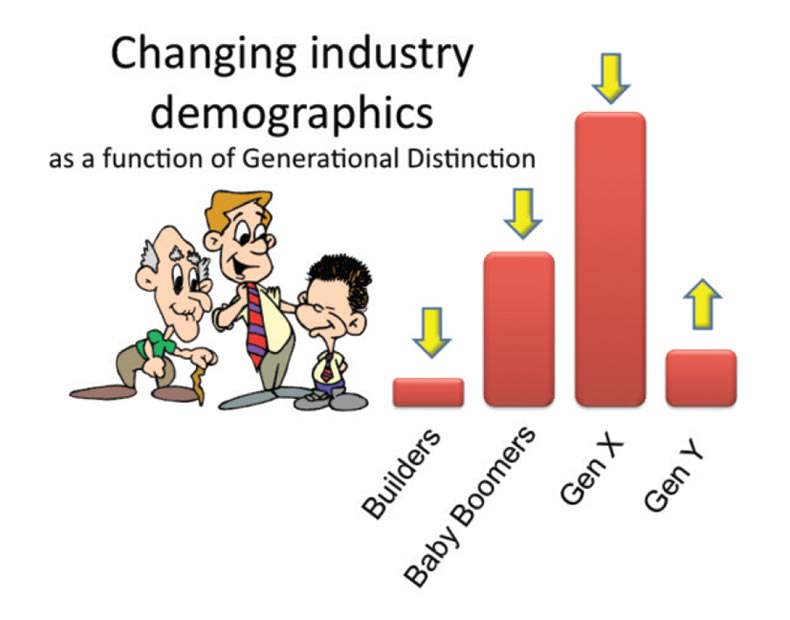On January 16th, of this year, I had the opportunity to visit the University of Manitoba Department Of Geological Sciences, my Alma Mater. There I met with faculty and students to spread the good word about the CSEG. It struck me that Calgary is NOT the center of the Universe (next to Toronto of course), and that budding geoscientists are alive and well in our sister universities across this great country. The student’s and faculty’s enthusiasm alike was invigorating and I made a promise to make sure that as a Society, we stay connected to our roots. Our Outreach efforts through the Foundation are second to none, but I do believe that as the general membership, it’s up to each one of us to make sure we keep in touch and play an active role in getting out to all learning institutions across the country. If you are reading this, University of Manitoba, a heartfelt thanks for your hospitality.
One of my favourite topics, and the one I first presented at last year’s Geoskills conference and again presented to the University of Manitoba students, is the widening generation gap. I extracted a portion of the talk for this month’s column, because there was quite an expression of interest and perhaps some relevance to our Society’s future.
“Geosciences in the 21st Century – The Changing Face of Geosciences, and What you Need to Know to Survive Once You Get There”
The Changing Geosciences World
It seems like just yesterday that the industry was still in the exploration phase – looking for new reserves, exploring for new play concepts and enhancing technology to find new resources. Our geosciences disciplines were generally isolated disciplines that got together as technical teams but operated as Generalists within their silos. The majority of geoscientists were involved in the exploration side of the business, and we spent our time and energy looking for new undiscovered resources.
Now, the industry compass has swung around to other directions. By far the most hydrocarbons being “discovered” are by the drill bit as unconventional resource. The new resource plays are based on resources that we’ve known existed in the ground for years – we just couldn’t economically get them to the surface. The “mining” of oil and gas (oil shale, tight gas, heavy bitumen) is now a materials-handing process rather than true exploration. Much of our current technological advancements are in the area of rock mechanics, induced fracturing and horizontal drilling – all designed to assist in the extraction of hydrocarbons from known areas and to bring the resource to market.
The Geophysicist of Today: For the benefit of the graduating student looking into our industry, I have classified today’s geophysicist into three broad classifications –
- The Explorationist: There are still a myriad of small to medium companies in the exploration game, and they are doing a great job of finding oil (since natural gas is a fourletter word today). Geophysicists still play a vital role in finding these resources, and many senior geophysicists can be found at the helm or in the management team of most small outfits. They all have a general knowledge of many aspects of seismic including acquisition, processing and interpretation, having cut their teeth initially with large oil companies or major service companies.
- The Exploitationist: If you “follow the money” however, you find that the most investment dollars are flowing into the unconventional resources. These geophysicists work as part of an integrated team to develop unconventional resources. They possess more specific knowledge of resource extraction technology and apply geophysics to rock mechanics analyses.
- The Specialist: One segment of our discipline, which I believe is a growing component, is the geophysicist who excels in a specific field of geophysics. These are the ones most likely to speak at our technical luncheons, and who understand and do research in a specific, narrow field of study. They are the technical leaders in whatever field they work in, and are usually, but not always, found in major service or oil and gas companies.
What you Need to Know to Survive Once You Get There – A Primer for the Gen-Y Geophysicist
My Credentials: I graduated at the U of M in 1978, and am a full-fledged stereotypical Baby Boomer. My parents are classical Builders (Traditionalists) and my kids are Gen Y. I have managed a service company of Baby Boomers, Gen X and Gen Y staff for many years and I have at least a cursory understanding of the issues. For my sources of information, I flagrantly plagiarize from reliable Internet sources like Wikipedia and various blogs, rely on innuendo and hearsay, discuss issues with my peers over beverages and read the odd professional management article. All in all, sound and reliable sources of fully pedigreed information.
Kids these days... “They waste time chatting with coworkers. They show up for work in shorts and Tshirts. They plug in their music, text on their phone and try to work at the same time. And they take the afternoon off to go skiing.” – overheard in a management meeting. Welcome to the brave new world of Generation Y, the Age of Entitlement. Gen-Yers value positive reinforcement, autonomy, positive attitudes, diversity, money and technology. They demand more input into their learning regimen, crave supportive feedback and lots of variety in the workplace and expect good salaries to spend on multitasking gadgets.

Why the Generation Gap is Important to the Gen-Yer: You (the Gen-Yer) need to understand the working environment that you (hopefully) find yourself in. I call it the Totem pole Concept of Corporate Hierarchy. Chances are that when you start into your new role as a young geophysicist, you will be at the bottom of the totem pole. Your boss will likely be a Gen Xer and his or her boss will likely be a Baby Boomer. If you think your boss doesn’t understand you – try talking to his or her boss!
Gen-Xers believe in investing in their own development rather than in their organization’s. They are cautious about investing in relationships with employers because experience has shown that these relationships are not reliable. To a Gen-Xer, this may mean two-week’s notice. They usually have clear goals and prefer managing their own time and solving their own problems rather than having them managed by a supervisor. This generation works hard but they would rather find quicker more efficient ways of working so that they have time for fun. While the Baby Boomers worked hard to move up the ladder, Gen-Xers are working hard so that they can have more time to balance work and life responsibilities.
Supportive Tips to Gen-Yers: Some guidelines to help you, the Gen-Yers:
- Experience DOES count. Learn from other’s experiences.
- If you don’t know, ask. If you don’t get an answer, ask again.
- Continue to network – your bosses may not understand, but your network of peers is an invaluable tool for both you and the company you work for.
- Technology is a TOOL, not an answer. Use the technology to its fullest but remember that technology only assists in the creation of knowledge. Autopicking that 3D survey provides the data picks but doesn’t tell you how to interpret the trap.
Supportive Tips to Bosses of Gen-Y: As a guideline to help the supervisors of Gen-Yers:
- Don’t manage, mentor. Don’t assign, explain. They thrive on learning through mentorship.
- Don’t dictate, solicit. Gen-Yers appreciate interaction.
- Don’t ignore, respond. Gen-Yers have little patience for bosses who don’t respond.
- Don’t conceal, communicate. Provide an open-door policy and make sure you talk to your Gen-Yers.

Closing note – The Scale-up Challenge: As an industry, we are facing an incredible dilemma. Our brain trust demographic is retiring, and we have a small group to fill their shoes. While the job market should be running full throttle to replace us, the rapidly departing Baby Boomers and early Gen-Xers, hiring is still subjected to the whims of the ebb and flow of oil economics. Months ago, all of the new grads were offered jobs. Today, there are many without an interview. As soon as the industry regains its traction and needs to fire on all cylinders, where is the experienced talent to drive business forward? We need to figure out more ways to keep our young people enthusiastic about the geosciences or we won’t have replacements for ourselves.
An apology to my sources: I have mutilated this discussion so much over the years so as to make all references from reputable sources indistinguishable from my own. If you recognize any of the text as direct quotes, I will just plead ignorance, so I ask your indulgence.











Share This Column